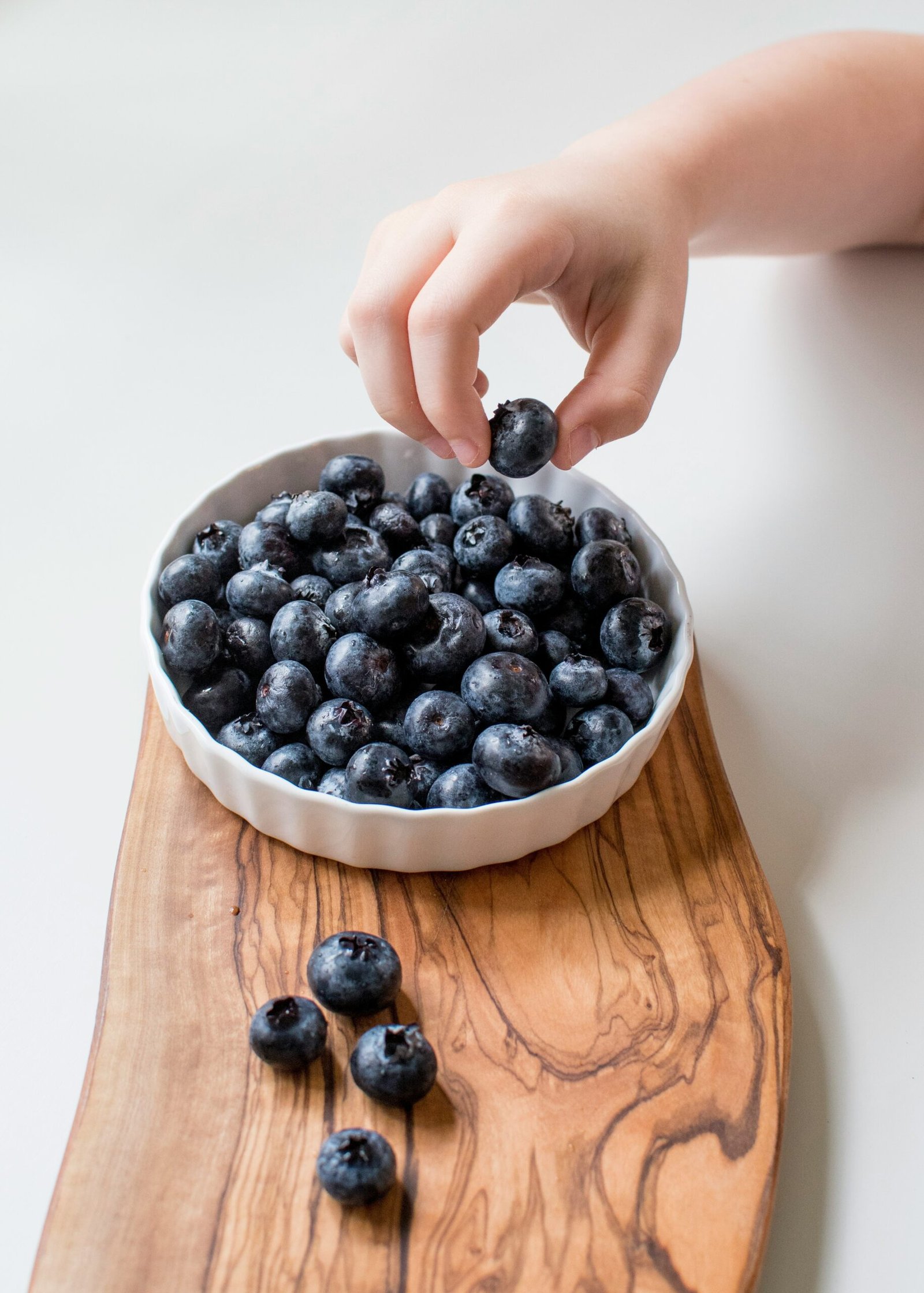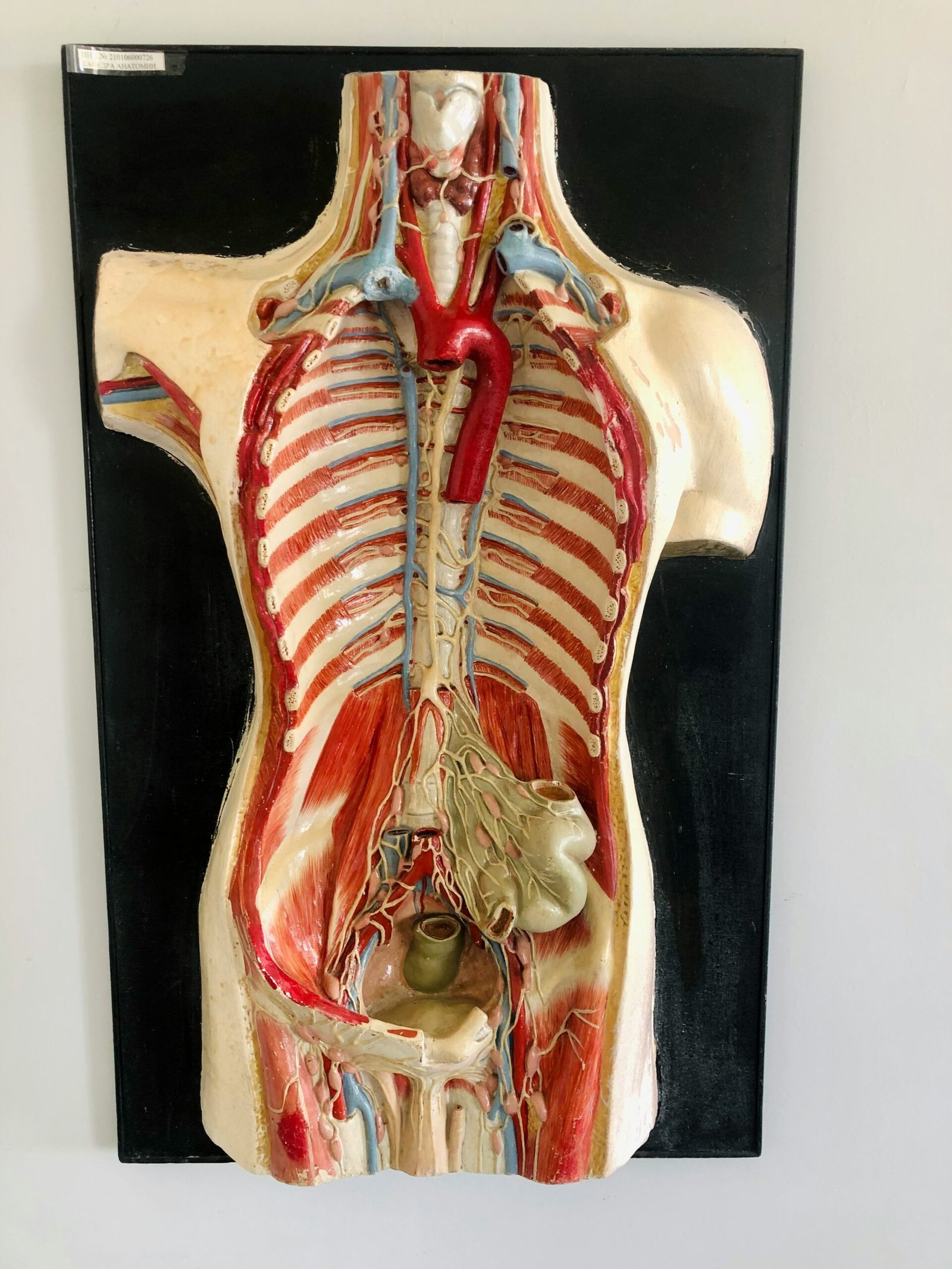Introduction to Meal Prep for Weight Loss
Meal prepping has become a go-to strategy for individuals seeking to lose weight efficiently and sustainably. Among the myriad benefits it offers, meal prepping stands out for its ability to save time, ensure precise portion control, and minimize the temptation to indulge in unhealthy foods. By planning and preparing meals in advance, you can significantly reduce the likelihood of making poor dietary choices, thus aligning your daily consumption with your health and wellness goals.
Statistics underscore the efficacy of meal prep for weight loss. According to a study published in the International Journal of Behavioral Nutrition and Physical Activity, individuals who regularly prepare meals at home tend to have a more balanced diet and healthier weight compared to those who rely on restaurant or pre-packaged food options. Moreover, meal prep can support a regimen of consistent caloric intake, which is crucial for weight management.
Time-saving is another compelling advantage of meal prepping. In a busy world where convenience often trumps nutritional value, setting aside time to prepare meals at home ensures you have healthy options readily available, curtailing the need for hasty, and often unhealthy, food choices. Additionally, preparing meals in bulk can save you money in the long run, as buying ingredients in larger quantities usually results in lower costs.
Portion control, an integral aspect of effective weight loss, is seamlessly managed through meal prepping. By pre-determining serving sizes, you deliberately dictate your nutritional intake, avoiding the common pitfall of overeating. This approach aligns with guidelines from health organizations like the Centers for Disease Control and Prevention (CDC), which recommend controlling portion sizes to aid in healthy eating habits.
Ultimately, the process of meal prepping can be both easy and enjoyable. It provides an opportunity to explore nutritious recipes, experiment with different ingredients, and develop a routine that fosters a healthy lifestyle. By incorporating meal prep into your weekly schedule, you set the stage for a more organized, health-conscious approach to eating that supports your weight loss journey.
Essential Tips for Successful Meal Prepping
Embarking on a meal prepping journey for weight loss requires thorough planning and organization. One of the first steps is to plan meals in advance. Begin by setting aside a specific day each week to design your meal plan. Consider incorporating a variety of nutritious foods to balance macronutrients — proteins, fats, and carbohydrates. This balance is crucial for ensuring that your meals are both satisfying and supportive of your weight loss goals.
To streamline the process, create a detailed shopping list based on your meal plan. This not only saves time but also helps in avoiding impulse purchases of unhealthy items. Categorizing your shopping list into sections such as produce, dairy, and grains can make your grocery trips more efficient.
Investing in quality storage containers is another vital aspect of successful meal prepping. Opt for containers that are durable, microwave-safe, and have airtight seals to keep your food fresh. Consistency in container size can also help with portion control, which is critical for weight loss. Clear containers allow you to see the contents easily, aiding in the organization of your refrigerator and making it simpler to grab meals on the go.
Organization is key to making meal prep a sustainable habit. Set up a designated space in your kitchen where you can chop vegetables, cook proteins, and assemble meals with minimal disruption. Labeling containers with the meal name and date helps to keep track of freshness and reduces food waste.
Adopting these essential tips can turn meal prepping from a daunting task into an efficient and enjoyable routine. By planning meals, creating purposeful shopping lists, and investing in the right storage solutions, you ensure that your diet remains balanced and conducive to your weight loss journey. Staying organized will save time and reduce stress, making it easier to stick with your healthy eating habits in the long run.
Healthy Meal Prep Recipes for Weight Loss
Embarking on a weight loss journey often requires meticulous planning and smart meal choices. To make this journey easier and more enjoyable, we present a range of healthy meal prep recipes that are both enticing and effective. Each recipe is crafted to deliver essential nutrients while keeping the calorie count low. Tailored for various dietary preferences, these recipes allow for numerous customizations, making them accessible and enjoyable for everyone.
Breakfast: Overnight Oats
A nutrient-dense start to your day can set a positive tone for your meal choices. Overnight oats are a convenient, nutritious option that offers endless variety.
Ingredients:
- 1/2 cup rolled oats
- 1 cup unsweetened almond milk
- 1 tablespoon chia seeds
- 1/2 cup mixed berries
- 1 teaspoon honey or maple syrup (optional)
Instructions:
- Combine oats, almond milk, and chia seeds in a container.
- Stir well and refrigerate overnight.
- In the morning, add mixed berries and sweetener if desired.
Nutritional Information (per serving):
Calories: 250 | Protein: 8g | Carbs: 42g | Fat: 6g
Lunch: Grilled Chicken Salad
Refreshing and filling, this grilled chicken salad is perfect for a wholesome midday meal. Adaptable to your taste, it can easily be adjusted to suit gluten-free or keto diets.
Ingredients:
- 1 grilled chicken breast, sliced
- 2 cups mixed greens (spinach, arugula)
- 1/2 avocado, sliced
- 1/4 cup cherry tomatoes, halved
- 1/4 cup cucumber, chopped
- 2 tablespoons olive oil
- 1 tablespoon balsamic vinegar
- Salt and pepper to taste
Instructions:
- Arrange mixed greens in a bowl.
- Add avocado, cherry tomatoes, and cucumber.
- Top with sliced grilled chicken.
- Drizzle olive oil and balsamic vinegar, then season with salt and pepper.
Nutritional Information (per serving):
Calories: 350 | Protein: 30g | Carbs: 12g | Fat: 22g
Dinner: Quinoa and Vegetable Stir-Fry
This flavorful dinner option combines protein-rich quinoa with a medley of vibrant vegetables, providing a balanced meal that satisfies and sustains.
Ingredients:
- 1 cup cooked quinoa
- 1 bell pepper, sliced
- 1 cup broccoli florets
- 1 carrot, julienned
- 2 tablespoons soy sauce (low sodium)
- 1 tablespoon sesame oil
- 1 garlic clove, minced
- 1/2 teaspoon ginger, grated
Instructions:
- Heat sesame oil in a pan over medium heat. Add garlic and ginger, sauté for a minute.
- Add bell pepper, broccoli, and carrot; cook until tender.
- Stir in cooked quinoa and soy sauce, cooking until warmed through.
Nutritional Information (per serving):
Calories: 300 | Protein: 10g | Carbs: 45g | Fat: 9g
Snacks: Greek Yogurt with Honey and Nuts
When hunger strikes between meals, a snack that’s rich in protein can help keep you satisfied without derailing your weight loss efforts.
Ingredients:
- 1 cup Greek yogurt (plain, non-fat)
- 1 tablespoon honey
- 2 tablespoons mixed nuts (almonds, walnuts)
Instructions:
- Spoon Greek yogurt into a bowl.
- Drizzle honey on top.
- Sprinkle with mixed nuts.
Nutritional Information (per serving):
Calories: 200 | Protein: 15g | Carbs: 23g | Fat: 6g
Each of these recipes offers a tasty way to stick to your weight loss goals while enjoying a variety of flavors. Customize them to fit your dietary needs and preferences, knowing that you’re nourishing your body with wholesome ingredients.
Staying Motivated and Overcoming Challenges
Meal prepping as an integral part of weight loss can often be fraught with various challenges. From time constraints to motivation dips and dietary boredom, these obstacles can deter even the most committed individuals. However, with strategic planning and steadfast resolve, these challenges can be effectively managed and overcome.
One of the most prevalent challenges is time management. Individuals often find it tough to allocate a few hours out of their busy schedules for meal prepping. To combat this, it’s crucial to prioritize and schedule meal prep time just as one would any other essential activity. Finding pockets of time during weekends or setting aside an hour after work on a specific day can help ensure consistency.
Motivation dips are another significant barrier often encountered. It’s normal for motivation to wane, especially when weight loss progress appears slow. To stay motivated, setting achievable goals can be highly instrumental. Start with small, attainable targets and celebrate every milestone. This not only fosters a sense of accomplishment but also keeps the momentum going. Additionally, maintaining a progress diary or using a dedicated app to track meals and weight can provide visual progress, thus boosting motivation.
Dietary boredom can make the journey monotonous and can often lead to deviation from the plan. Incorporating variety and creativity into meal plans can keep things exciting. Exploring new recipes, rotating different ingredients, and experimenting with herbs and spices can make a significant difference. Theme-based meal preps, such as Italian one week and Asian the next, can also add to the variety.
Accountability plays a pivotal role in sustaining motivation. Finding a meal prep buddy can provide the necessary support and accountability. Sharing meal prep ideas, cooking together or merely checking in with each other can make the journey more enjoyable and less solitary.
Anecdotes from those who have thrived through meal prepping can serve as powerful motivators. Jane Doe, who successfully lost 30 pounds through meal prepping, shares, “The key is consistency and having a support system. Meal prepping with my friend every Sunday made it less of a chore and more of a collaborative effort.” Such stories underline the importance of persistence and community.
In conclusion, maintaining consistency with healthy meal prepping is indeed feasible with the right strategies and mindset. By setting realistic goals, staying organized, introducing variety, and seeking accountability, individuals can surmount common challenges and sustain their journey towards weight loss.



